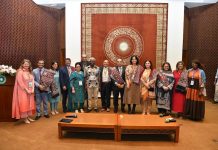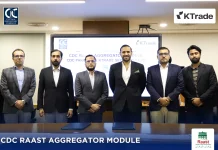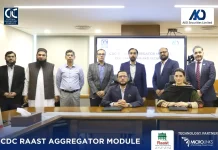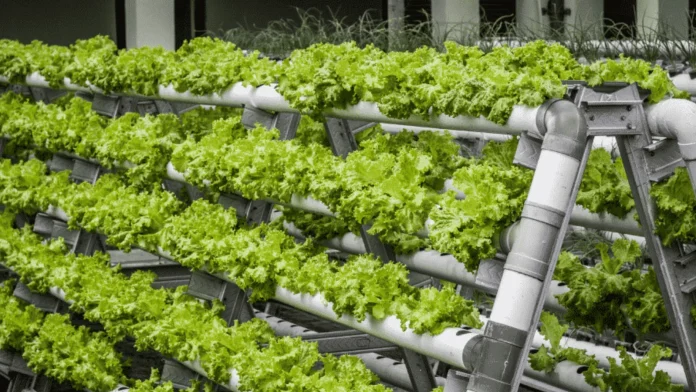Former federal minister and prominent scientist Prof Dr Atta-ur-Rahman has emphasised the urgent need to address food insecurity in Pakistan and across the globe.
He asserted that vertical farming and controlled environment agriculture (CEA) offer a feasible and efficient solution for producing fresh food in densely populated cities like Karachi.
“Fresh food production in urban areas such as Karachi, even in limited spaces, is possible through vertical farming and CEA,” he said while speaking at a symposium — Sustainable Agriculture for Food and Nutritional Security under the Climate Change Scenario — held at the L.E.J. National Science Information Center, University of Karachi.
The event was organised by the KU’s International Center for Chemical and Biological Sciences (ICCBS), in collaboration with the Sindh Innovation, Research, and Education Network (SIREN).
Prof Atta underscored the need for urban food production strategies and highlighted the importance of drought-resistant and climate-resilient crops as essential in combating the global food crisis exacerbated by climate change.
He noted that the global market for drought-resistant and climate-resilient crops is projected to reach $52 billion by 2032, emphasising their vital role in sustainable agriculture initiatives.
He explained that such crops are often genetically modified to withstand extreme climatic conditions and ensure consistent food production despite environmental stresses.
“Karachi faces water scarcity, heatwaves and erratic weather patterns. Vertical farming presents a powerful and largely untapped opportunity for the city. Rooftops can be effectively used for this kind of agriculture,” he added.
Other notable speakers at the symposium included ICCBS Director Prof Muhammad Raza Shah; Prof Salim Al-Babili, King Abdullah University of Science and Technology, Saudi Arabia; Dr Shahid Mansoor, Senior Adviser, ICCBS; and Dr Farooq Ahmed Khan.
Prof Raza Shah thanked the foreign delegates for their participation and expressed hope that the symposium would enhance understanding of how sustainable agriculture can help achieve food and nutritional security in the face of climate change.
He also shared a presentation on the history and development of the ICCBS, noting that the centre has expanded from a single building to 17 facilities, reflecting its growing importance.
Prof Salim Al-Babili gave an insightful lecture on converting plant metabolism research into agricultural solutions. He highlighted the Striga weed problem in Sub-Saharan Africa, which severely affects cereal crops, and discussed emerging solutions to combat it.
He praised the ICCBS for its state-of-the-art research infrastructure and the successful organization of the symposium.
Dr Mansoor emphasised that hunger remains one of the deadliest global challenges, surpassing AIDS, Malaria, and Tuberculosis in death toll.
Read also: SBP reserves slip for third week
































